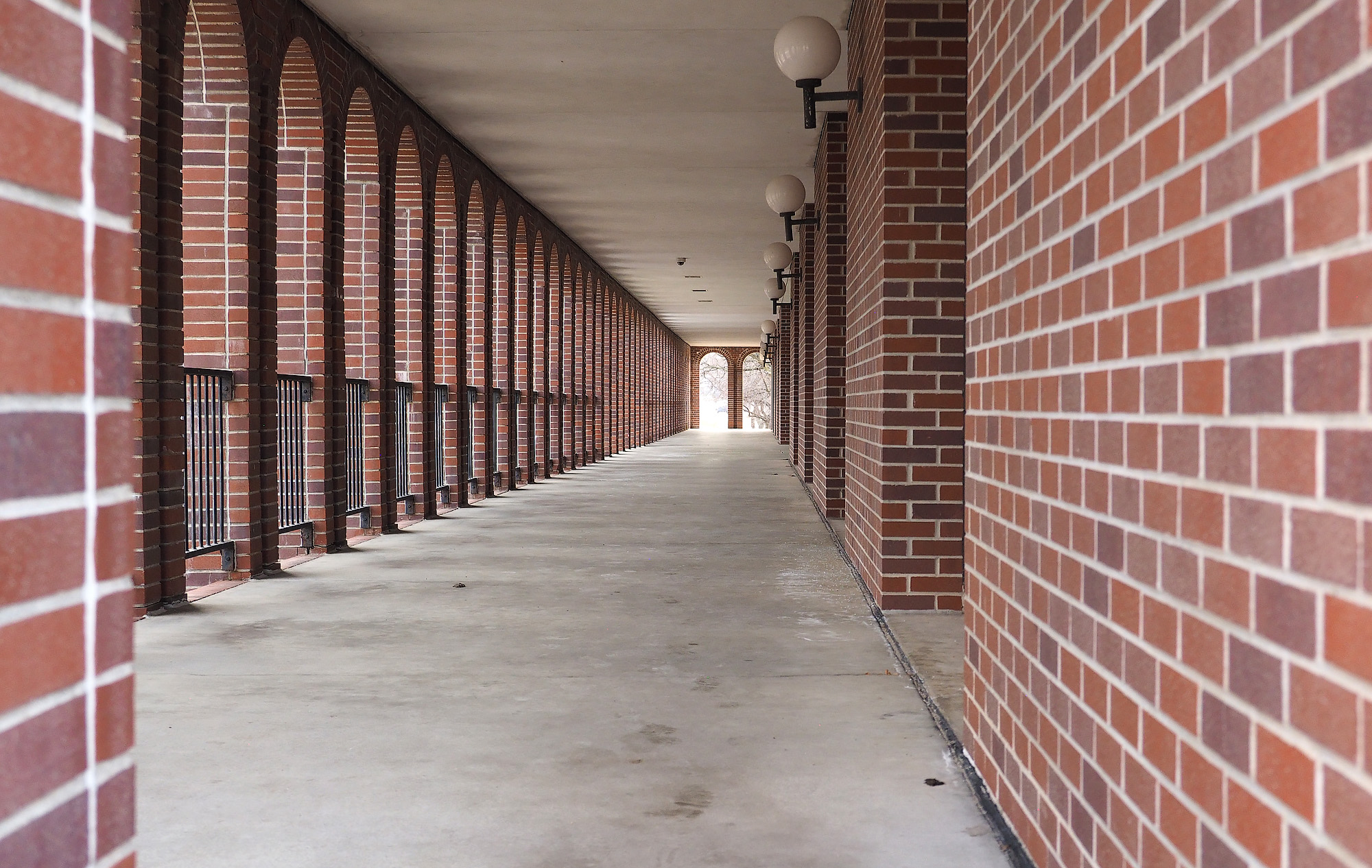Floyd County approves moratorium on commercial wind energy project permits
By Bob Steenson, bsteenson@charlescitypress.com
The Floyd County Board of Supervisors passed a resolution Monday morning putting in place a moratorium on accepting applications or issuing permits for new wind energy projects, to allow time for the county to update its current wind energy zoning ordinance.
The resolution, which the three-member board passed unanimously, lasts until May 20, 2024. If the Floyd County Planning and Zoning Commission has not made its ordinance amendment recommendation to the supervisors by then, the moratorium can be extended until July 1, 2024.
If a recommendation has not been made to the board by July 1, the supervisors would have the option of negotiating with wind energy companies to enter into development agreements between the county and the companies.
The moratorium may have little practical impact, as representatives of two companies currently exploring new wind energy projects in the county – Invenergy and NextEra – both said at the meeting that they were likely a couple of years away from applying for a county permit.
But the resolution does set deadlines for the Planning and Zoning Commission to work for, said Supervisor Chair Mark Kuhn. And it also lets wind power companies know that the county is planning to make changes to its zoning ordinance.
The moratorium does not prevent the companies from continuing to work with landowners to negotiate easement agreements, Kuhn said.
Boyd Campbell, a county landowner who has been a regular advocate for a moratorium since the topic began coming up at recent board meetings, wondered why the moratorium didn’t include a stop to the companies approaching landowners.
“We need to protect the citizens of the county while we gather information,” Campbell said, adding that wind energy is “a continually changing thing.”
Kuhn said the county doesn’t have the power to prevent private companies from negotiating private contracts with private landowners.
“We can’t stop it. Nor would we want to,” Kuhn said.
The supervisors spent almost two hours Monday morning discussing the particulars of the resolution.
Kuhn said he had been working on the resolution much of last week, including conferring with persons he had served with when he was an Iowa legislator, representatives of renewable energy advocacy groups, representatives of the energy companies currently looking at Floyd County for projects as well as County Attorney Todd Prichard.
“Having served in the Legislature for awhile, I’m of the firm belief that nothing is perfect, but this is a best effort,” Kuhn said of the moratorium resolution proposal.
Kuhn stated several times during the discussion that the county is on record as supporting renewable energy projects.
The goal of the county was not to stop wind energy projects, he said, but to update the zoning ordinance to take into consideration changes in technology and changes in concerns about the wind turbines, and then once that is finished “welcome them into the county.”
The county has contracted with the North Iowa Area Council of Governments (NIACOG), based in Mason City, for a senior planner to help the Planning and Zoning Commission come up with a recommendation for an amendment to the county zoning ordinance concerning wind energy and also commercial battery power storage projects.
Part of that process will include workshop meetings to discuss with the commissioners and supervisors aspects of modern commercial wind projects, people’s concerns, and the process of amending an ordinance.
It will also include “listening sessions” dedicated to gathering public input about wind energy, and Kuhn said that the entire process will be “open, transparent” and done at public meetings, as is required under the Iowa Open Meetings Law.
The board discussed the moratorium deadlines, including the length of time and what would happen if the deadlines are missed.
Supervisor Jim Jorgensen said he had been approached by residents suggesting a year-long moratorium, but Kuhn said they needed to get the process going, and a year moratorium would just tell the Planning and Zoning Commission it has a year to come up with a recommendation.
Kuhn said that the NIACOG planner had stated he thought he could help the county come up with a recommendation in four to six months.
Changes likely to be considered in the zoning amendment include setback requirements for turbine towers, noise rules and abandonment concerns.
The current ordinance requires a tower setback of at least 115% of the extended turbine blade height from “all property lines, public right of ways, and above ground public utility lines.”
Other issues that are not currently addressed, such as shadow flicker, ice throw, wildlife impact, effects on drainage systems, impacts on aviation or communications systems and other concerns, have been mentioned by people who are advocating for changing the ordinance.
Before taking the vote on the moratorium resolution, Kuhn stated, “I still think we’re doing what’s best for Floyd County. We’re providing for renewable energy companies to invest in Floyd County and provide renewable energy. We’re giving our Planning and Zoning Commission seven months and 10 days to give us a recommendation. I think it’s in the best interests of all of us.”
The first joint workshop meeting of the Planning and Zoning Commission and the Board of Supervisors with NIACOG Senior Planner John Robbins will be next Tuesday, Nov. 28, at 1 p.m. on the EOC room in the Law Enforcement Center.
Also at Monday’s regular weekly meeting, the supervisors:
• Again discussed the issue of a medical examiner for the county. Supervisor Jorgensen said he had talked with Dr. David Schrodt, a member of the current team of four physicians who rotate being on call for medical examiner, who said he would be willing to continue working as medical examiner if the county created a team of medical examiner investigators (MEIs) to do much of the field work.
The current team of medical examiners had told the county they would no longer be interested in performing that role as of Dec. 31.
Jorgensen said that three AMR ambulance crew members had expressed an interest in taking the state training to become MEIs, and they thought they could be ready to begin working under Schrodt before the end of the year.
There are still questions regarding the terms and nature of their employment as MEIs, and the impact in the medical examiner budget for the county.
Jorgensen said some estimates were that it could increase from its current $40,000 annually to $60,000 or $80,000.
• Approved spending $139,618 as part of the $4.8 million county communications system update project for logging hardware and related equipment to record county dispatch radio traffic and 911 calls. The system had been left off the initial contract with Motorola Solutions to bring the county onto the the Iowa Statewide Interoperable Communications System (ISICS), but Dispatch Department Director John Gohr said other cost reductions in the system would cover the cost of the logging system.
• Declined to follow the state of Iowa and add the Wednesday before Thanksgiving and the Tuesday after Christmas as paid public employee holidays this year, although the board did agree to add a half day of vacation on Christmas Eve afternoon as part of the holiday package for county employees for 2024.









Social Share